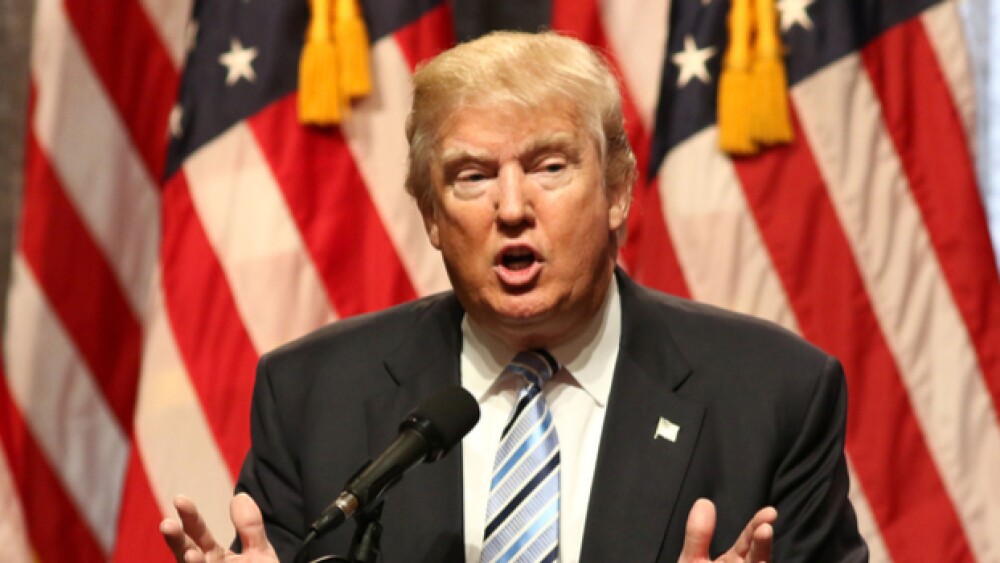While the NIH research has been impacted, HHS said no research conducted outside of the NIH, which includes universities conducting research under NIH grants, will be affected at this time.
JStone / Shutterstock
The Trump administration continues to sharply cut back on financially supporting the use of tissue from aborted fetuses in scientific research. On Wednesday, the administration announced it will end the practice within the National Institutes of Health (NIH).
The announcement comes as no surprise, given the administration’s opposition to abortion. Political conservatives have long opposed the use of fetal tissue in research. Fetal tissue is sought after because they have healthy early-stage cells that could potentially function in ways that older cells no longer can. The research has been an essential part of developing treatments for HIV, as well as other life-threatening diseases. However, opponents consider the use of fetal tissue to be barbaric and liken it to selling the body parts of children.
“Promoting the dignity of human life from conception to natural death is one of the very top priorities of President Trump’s administration,” HHS said in a statement.
In September, the White House, backed by conservative lawmakers, canceled a $16,000 fetal tissue contract between a supplier and researchers at the U.S. Food and Drug Administration. The FDA used the fetal tissue it acquired from Advanced Biosciences Research in animal testing. Researchers implanted the tissue into mice that lacked immune systems in order to give them human-like immune systems, which were then tested to “evaluate the safety and efficacy of various drugs.”
Following that, HHS initiated a comprehensive review of all funding involving human fetal tissue from elective abortions. UCSF had been operating under a contract extension that expired Wednesday. HHS said there would be no continuations for that contract. The review, HHS said, led to the administration’s decision to kill the contract with UCSF and discontinue research conducted within the NIH involving the use of human fetal tissue from elective abortion. Intramural research that requires new acquisition of fetal tissue from elective abortions will not be conducted, HHS noted.
While the NIH research has been impacted, HHS said no research conducted outside of the NIH, which includes universities conducting research under NIH grants, will be affected at this time. New grant applications or research projects within the renewal process that will use fetal tissue from elective abortions, will be subject to review. HHS said that review, “in light of the ethical considerations,” will determine whether or not those research projects will be supported.
Also in its announcement, HHS said it will continue to review whether or not adequate alternatives exist to the use of human fetal tissue from elective abortions in scientific research. Adult skin cells can be reprogrammed to have some of the qualities of the fetal tissue. In December, NIH announced a $20 million funding opportunity for research to develop, demonstrate, and validate experimental models that do not rely on human fetal tissue from elective abortions. In its announcement, the NIH said the models that mimic fetal tissue could include “cell culture models using induced pluripotent stem cells (iPSC), iPSC-derived organoids, or other three-dimensional culture systems.” On Wednesday, HHS said it is committed to providing additional funding to support the development and validation of alternative models.





